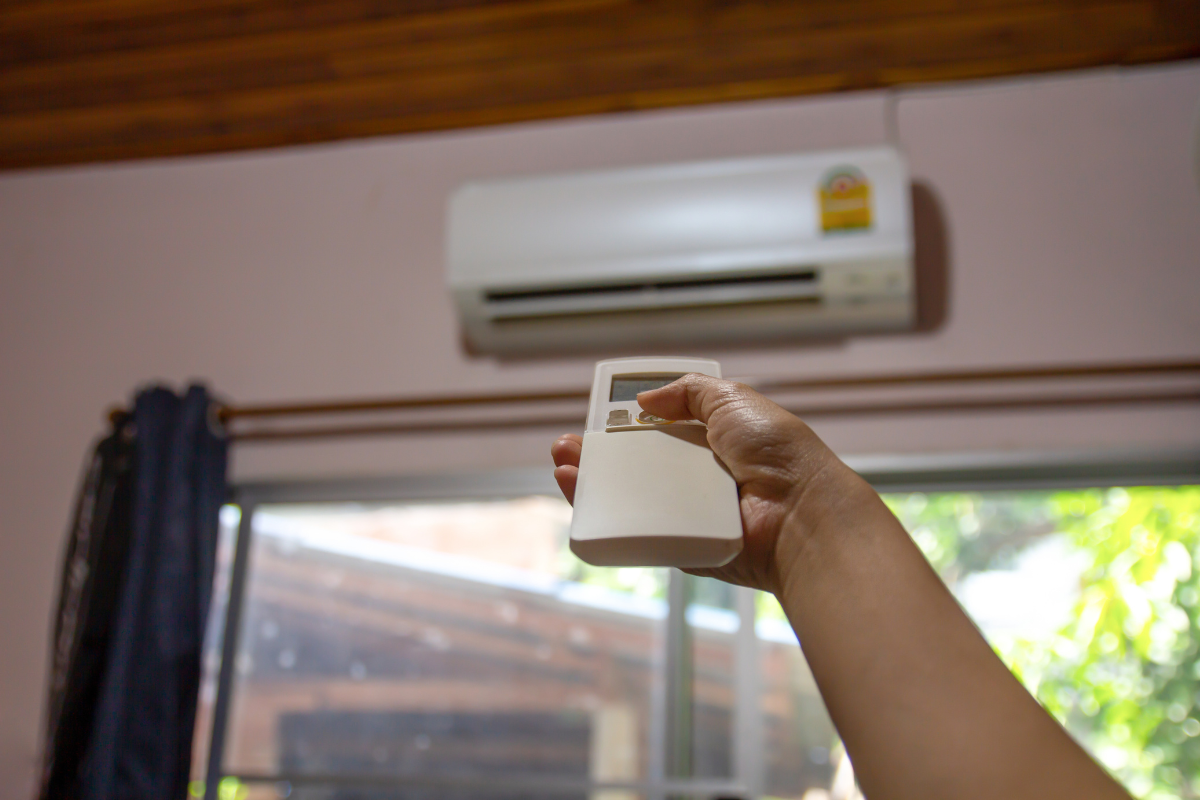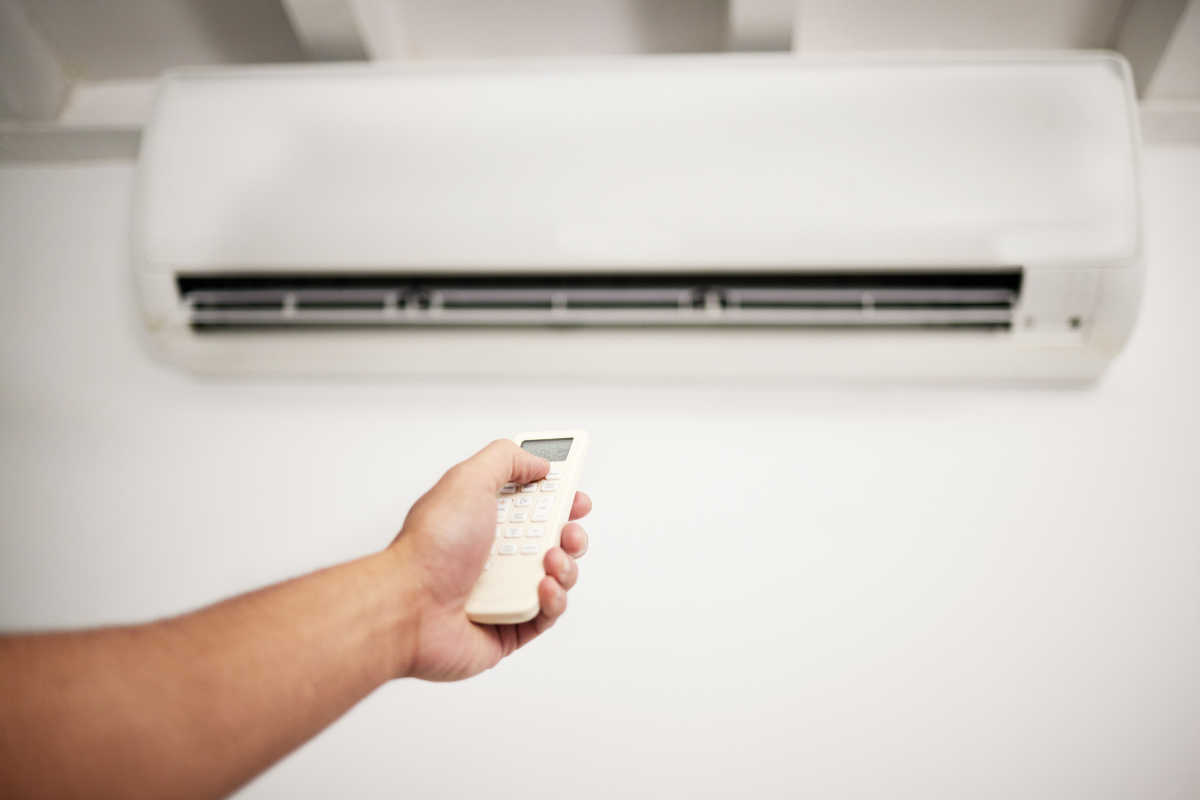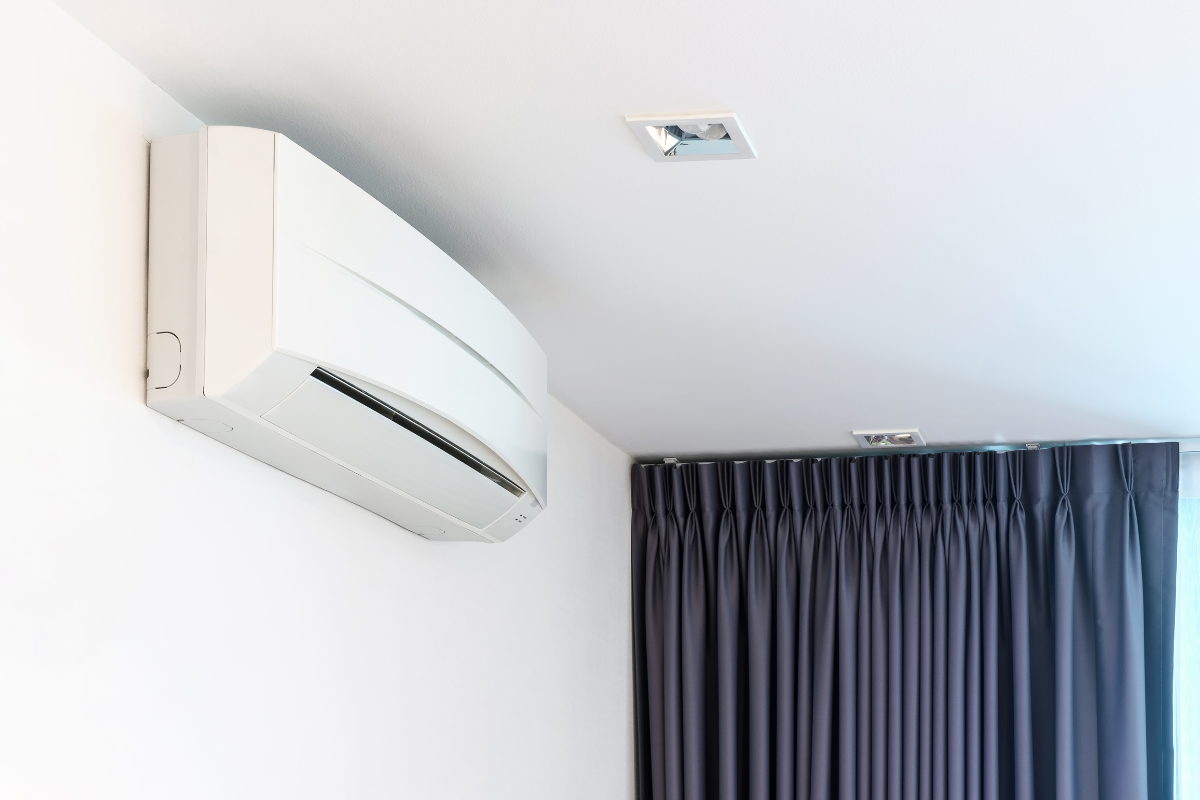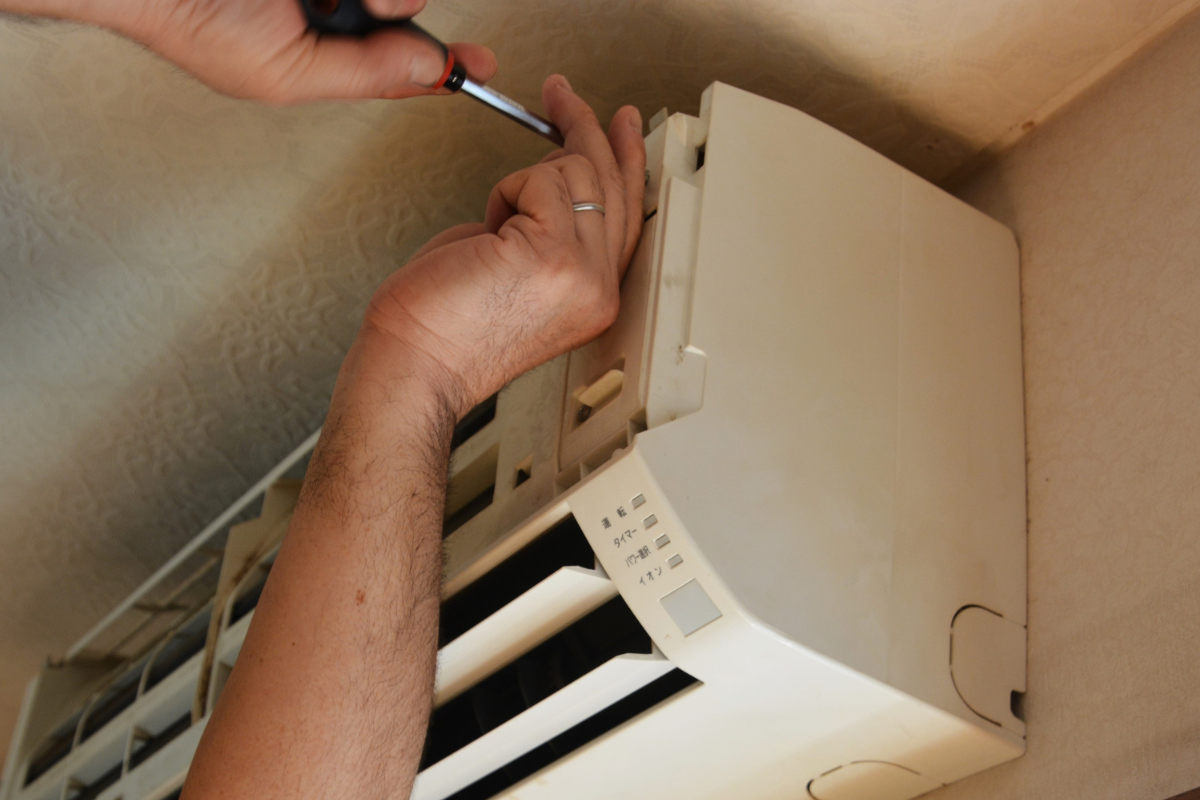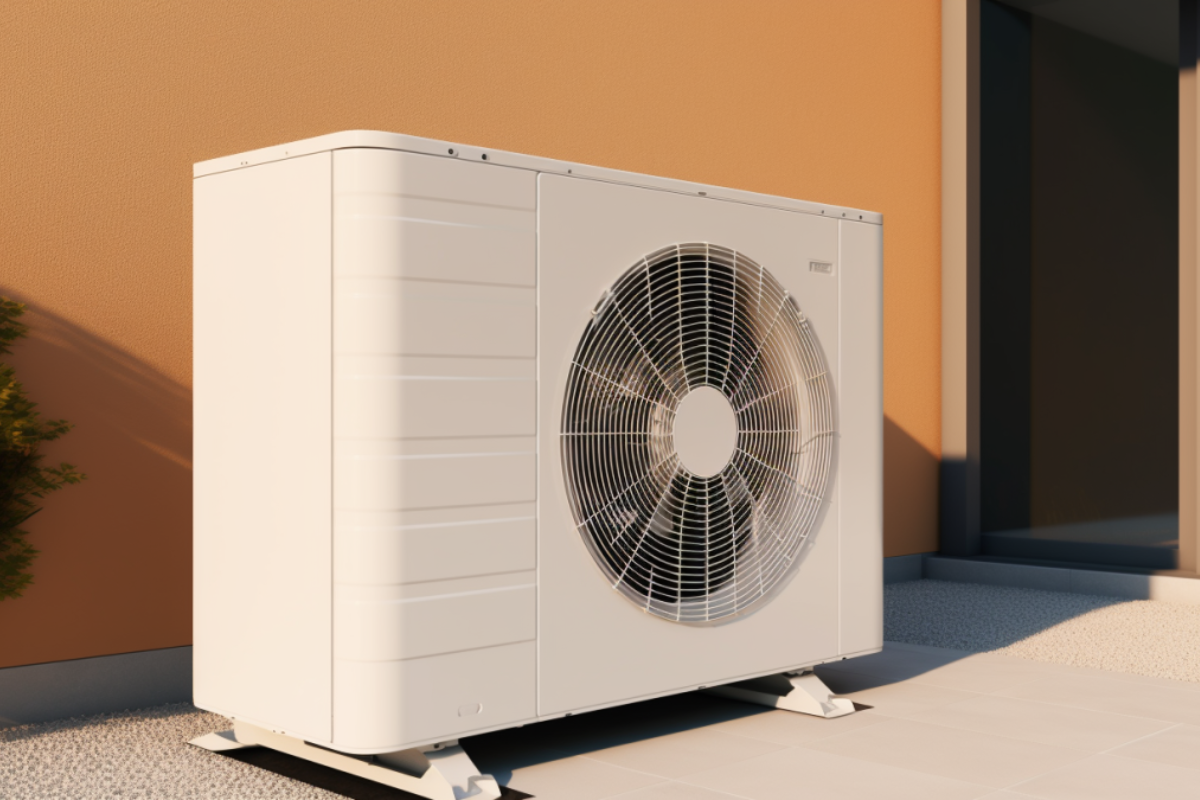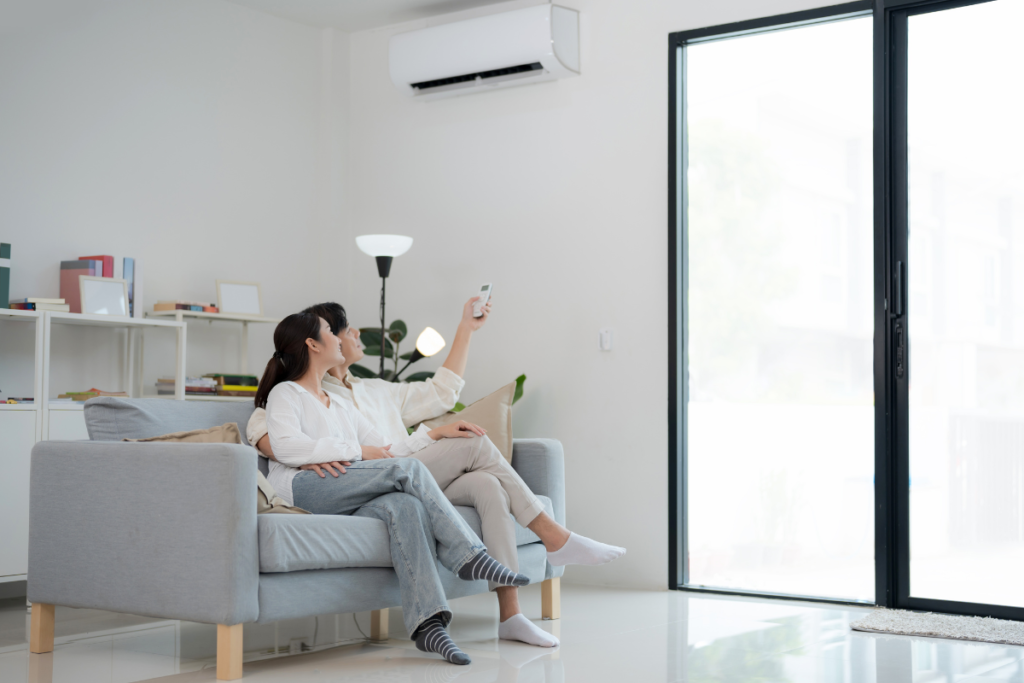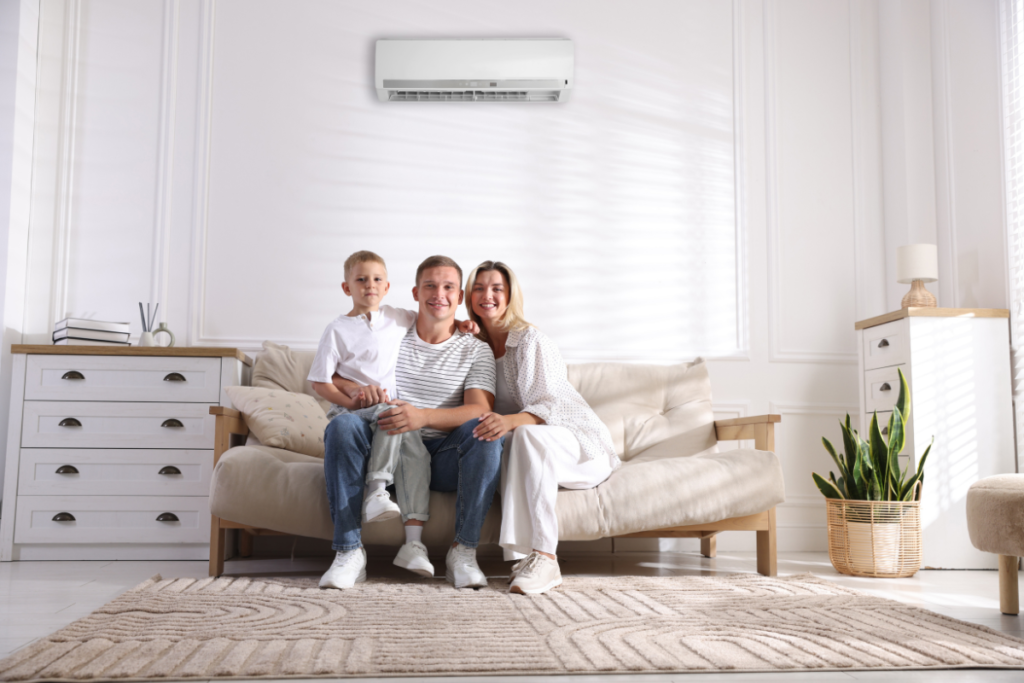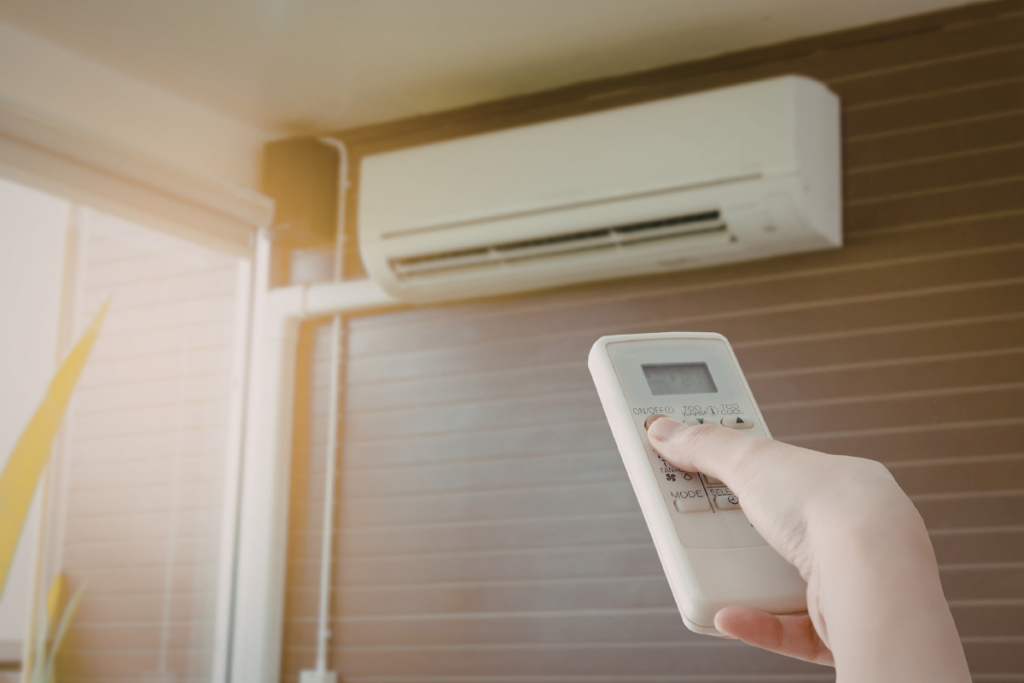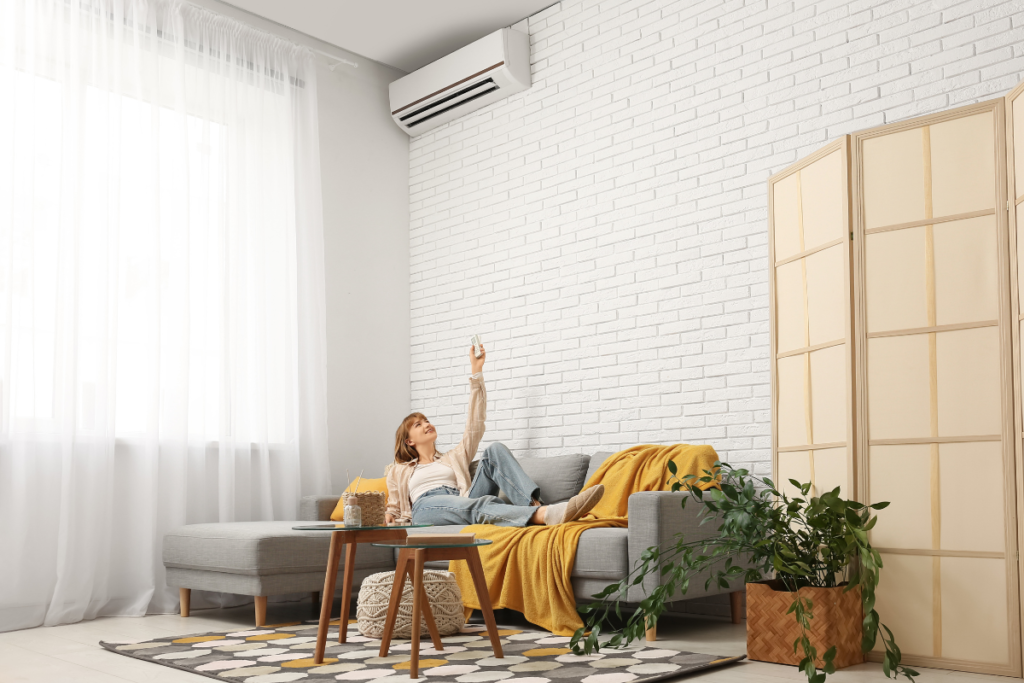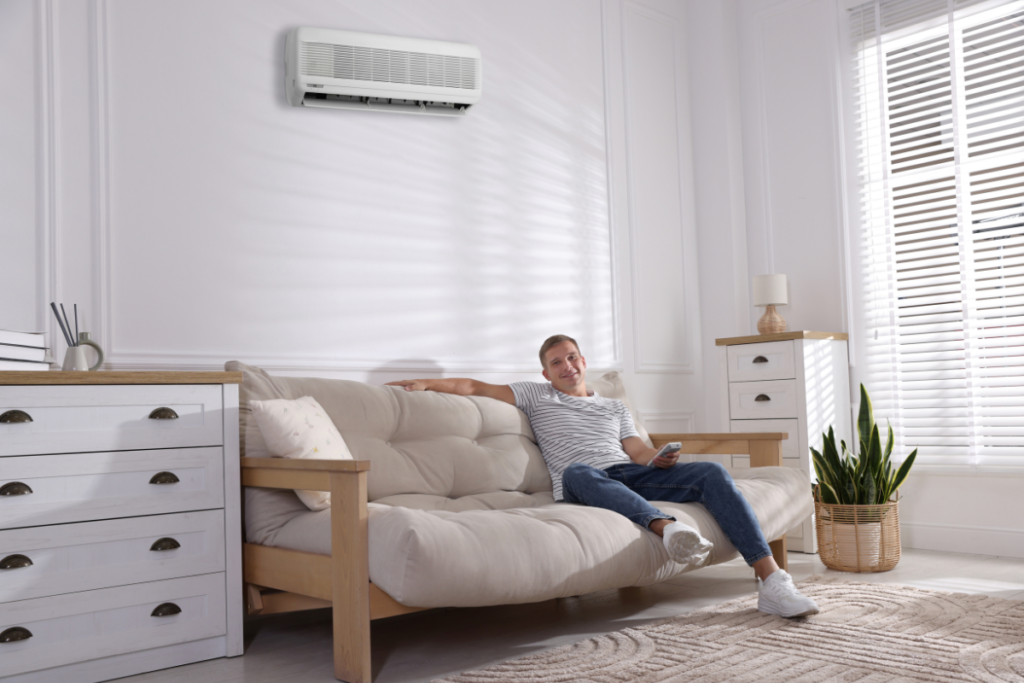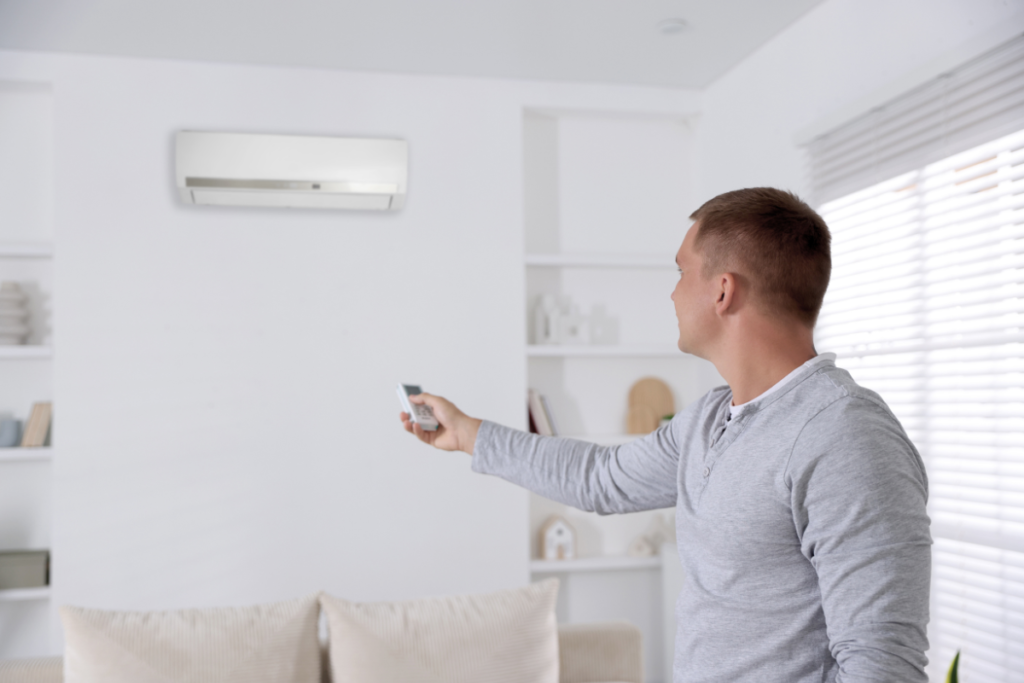Living near the coast offers breathtaking views and refreshing ocean breezes, but it also exposes your air conditioning system to harsh environmental conditions. Coastal air conditioner protection is crucial to combating salt air corrosion HVAC issues, which can lead to rust buildup, decreased efficiency, and costly repairs. Without proper precautions, the humid climate and salt-laden air can drastically shorten the lifespan of your AC unit. Protecting AC in humid climates requires effective rust prevention for AC units, regular beachside air conditioner maintenance, and protective strategies to keep your HVAC system running smoothly despite the challenges of coastal living.
How Salt Air Affects Your AC Unit
Salt air corrosion HVAC issues are common in coastal regions. The presence of salt in the atmosphere speeds up metal deterioration, especially in the condenser coils, fins, and other metal parts of your air conditioner. When salt accumulates on these components, it retains moisture, creating the perfect environment for rust and corrosion to thrive. Without proper coastal air conditioner protection, the efficiency of your AC system may decrease, leading to higher energy bills and frequent breakdowns.
Effective Rust Prevention For AC Units
One of the best strategies for rust prevention for AC units is applying a protective coating to exposed metal components. Anti-corrosion coatings act as a barrier against salty air, reducing the risk of oxidation and prolonging the lifespan of your system. Additionally, choosing AC units with corrosion-resistant materials can further enhance their durability in beachside homes.
Routine Beachside Air Conditioner Maintenance
Regular maintenance is crucial for ensuring the longevity of your AC system. Beachside air conditioner maintenance includes washing the outdoor unit frequently to remove salt buildup, replacing air filters, and checking for signs of corrosion. Scheduling professional inspections at least twice a year will help identify and address potential issues before they escalate. Investing in routine maintenance not only improves efficiency but also minimizes repair costs in the long run.
Best Installation Practices For Protecting AC in Humid Climates
Strategic installation is key to protecting AC in humid climates. Placing the unit in a shaded area away from direct exposure to ocean winds can reduce salt accumulation. Elevating the system off the ground helps prevent exposure to standing water, which can contribute to corrosion. Additionally, installing a weatherproof AC cover when the unit is not in use provides an extra layer of protection against harsh coastal elements.
Additional Tips For Coastal Air Conditioner Protection
- Use a High-Quality Air Filter: A good filter prevents salt and other airborne particles from entering your system and causing damage.
- Invest in a Dehumidifier: Controlling indoor humidity levels helps prevent excess moisture buildup, reducing the risk of mold growth in your HVAC system.
- Opt for Professional Anti-Corrosion Treatments: Some HVAC companies offer specialized coatings designed to protect air conditioners in coastal regions.
- Monitor Performance Regularly: If you notice a decline in cooling efficiency, higher energy consumption, or unusual noises, schedule an inspection immediately.
Ensuring coastal air conditioner protection requires a proactive approach. The combination of salt air corrosion HVAC risks and humid climate conditions can significantly impact your AC unit’s performance. By implementing effective rust prevention for AC units, conducting beachside air conditioner maintenance, and following best installation practices for protecting AC in humid climates, you can extend the lifespan of your system and reduce long-term costs. Regular upkeep and strategic placement are crucial for maintaining efficiency and ensuring comfort in your coastal home.

